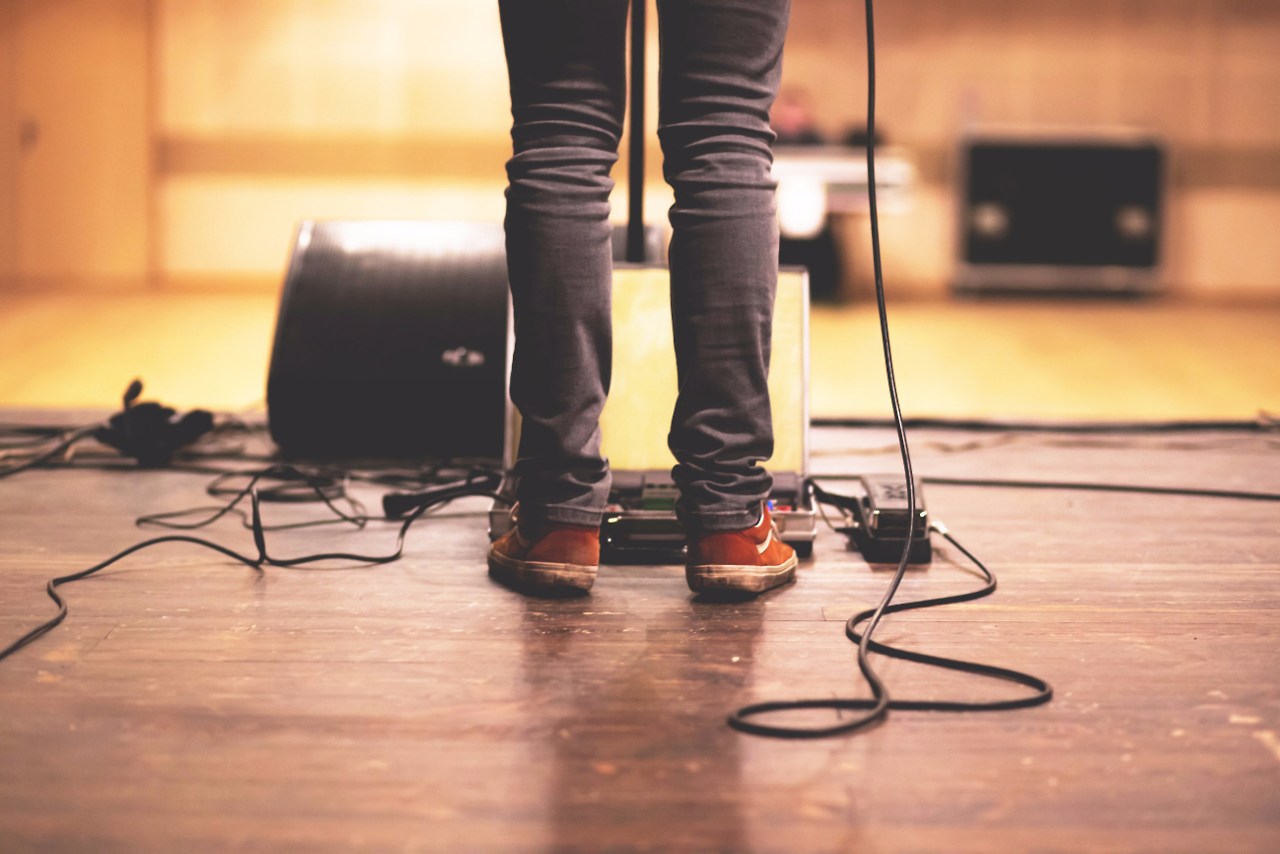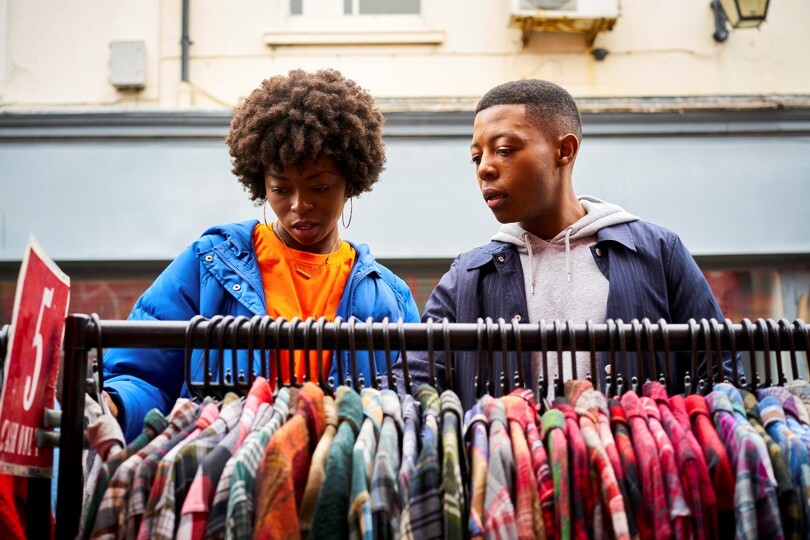The Power of the Qualitative Storyteller
Brands collect more data than ever. Dashboards. Panels. Behavioral models. But data alone does not explain meaning. And meaning drives decisions.

Let’s face it—innovation is not always a good thing. Just because something is new or digital or sleek or beautiful does not mean it’s better for people’s lives.
In fact, sometimes it’s worse.
We’re especially disturbed by innovation that takes away from human connections. We’re not talking about calling up a robot instead of a customer service rep, or using self-checkout at the grocery store. We’re talking about taking an experience that is fundamentally about connecting with other people and turning it into an emotionless transaction. Like tipping, for example.
When we first learned about Bravo, we thought it was genius. It’s a mobile app that lets you tip valets, artists, bellhops, tour guides, etc. even when you don’t have cash in your wallet. It’s easy—you search on the app for service people in the area, find the buddy that you want to tip, choose an amount, and send the money on its digital way. In other words, it’s the perfect solution for showing appreciation when you only carry plastic.
At least, it sounded perfect. That is, until we realized everything it was missing.
To see what we mean, recall life before Bravo.
You’re out at a local joint listening to some live music over drinks with friends. At a pause in the set, a member of the audience strolls up to the stage and drops a few bills into the tip bucket. The lead singer takes notice, thanks the tipper with a few words or a gesture, and the tipper responds in equal measure. Each one’s face brightens; each one smiles.
Value is created.
Whether or not they hear the exchange, the audience silently acknowledges that both the band and the tipper went beyond what was required of them. In their heads, audience members applaud the band for a great performance, and admire the tipper for parting with more of his or her money than was needed.
Value is created.
These audience members now want in on that feeling for themselves; they want to show that they, too, are good people who can part with their money for a good cause. They add to the tip bucket and add themselves to the List of Stand-Up Audience Members.
Value is created.
From just those small gestures, the band members get a dose of encouragement that their audience is enjoying itself, and they feel that much more obliged to deliver a stellar performance. They pour their hearts into their next song.
Value is created.
Now, imagine Bravo.
Everyone stays seated at their table, tapping buttons on their smartphones in order to tip the band.
No exchange of gratitude. No public admiration. No positive social pressure. No improvement in service.
No emotional connections between people.
Maybe more money exchanged, maybe less.
But certainly less value created.
The problem is that Bravo arose out of the wrong need. The need intended to be solved was to be able to give money when you don’t have cash. But it should have been to show appreciation when you don’t have cash. The purpose of tipping was confused with the act. Tipping isn’t about the money; the money is just a symbol. Tipping is about connecting with another human being by expressing gratitude and showing them they are valued.
So, while Bravo is new and digital and sleek and beautiful and innovative, it’s not very human. And the cash way of tipping? It’s not new, digital, sleek, or innovative, but you might say it’s beautiful because it is so human.
You’re on to something, Bravo, but you’re not quite there yet. Put tipping back in the public eye; let it do its thing and create more value for society beyond a dollar amount. Maybe give your users a stack of Bravo business cards; let them customize the cards to their liking. Then, tip-givers can hand their cards off as tokens of their digital tips, and tip-receivers can go home at night knowing just how many people appreciated them that day. Just one idea, but think about it.
This is just our perspective. Maybe tip-receivers on Bravo think it’s great. But to us, it just feels like there would be a whole lot less love in the air.

Brands collect more data than ever. Dashboards. Panels. Behavioral models. But data alone does not explain meaning. And meaning drives decisions.

Why the New Year Is a Rare Moment for Real Behavior Change

A race car driver can go incredibly fast and still crash if they only focus on what is directly ahead.